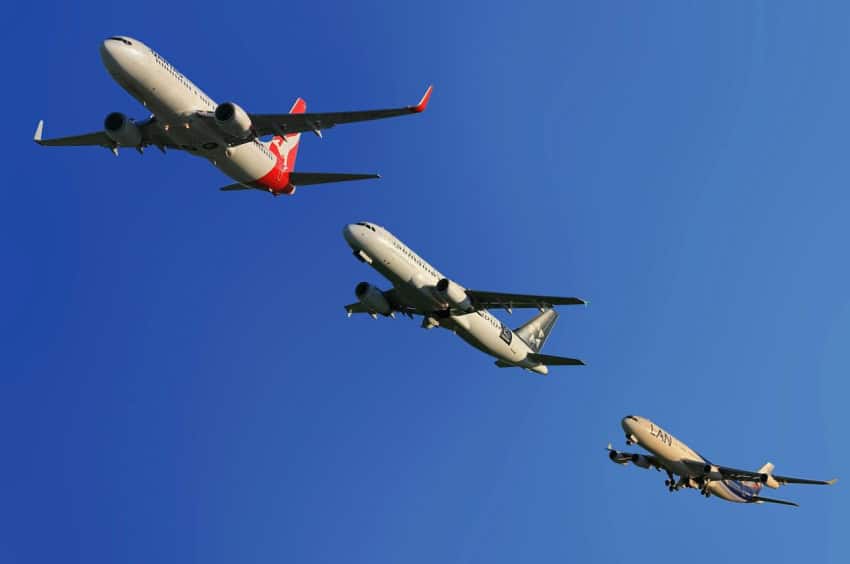LONDON – The authorities in the United Kingdom have announced hiking tax for passengers opting for the non-economy class, in a move that has riled some industry experts.
In a decision apparently focused at increasing the revenues, Chancellor of the Exchequer Jeremy Hunt unveiled plans to increase taxes on premium flying during his Budget speech on Wednesday.
The decision is expected to impact passengers traveling in premium and first-class cabins, with the air passenger duty (APD) being adjusted for non-economy tickets, including premium economy, business class, and first class.
Under the new measures, passengers in premium cabins departing from UK airports will face an additional tax burden. The APD for non-economy passengers will see a significant increase, with an extra £20 ($25.45) imposed on long-haul flights and £22 on ultra-long-haul flights.
Meanwhile, the duty for economy passengers on domestic and short-haul flights will remain frozen, with a nominal increase of £2 for long-haul economy fliers.
While the government argues that the tax adjustment is necessary to address inflationary pressures and boost revenues, industry stakeholders, particularly airlines and business travel associations, have expressed concerns.
For instance, Tim Alderslade, CEO of Airlines UK, criticized the decision, stating that it goes against the Prime Minister’s commitment not to discourage flying through taxation. He emphasized that tax hikes would only make the UK less competitive globally, with aviation taxes and airport charges already among the highest in the world.
Meanwhile, Clive Wratten, chief executive of the Business Travel Association, echoed similar sentiments, describing the tax hike as disastrous for the economic welfare and wellbeing of British businesses and their employees.
It bears mentioning that amidst the announcement of the tax hike for premium air travel, the Chancellor also confirmed the retention of the 5p per litre cut in fuel duty for another 12 months. This decision, aimed at providing relief to car drivers, comes as fuel prices have fallen, saving the average driver £50 next year. However, it represents a reduction from the initially expected savings of £100 annually when the fuel duty cut was first announced.
As the UK grapples with economic challenges, the government’s fiscal policies, including tax adjustments, continue to evoke mixed reactions from various stakeholders; Rishi Sunak’s government earlier promulgated policies to discourage immigration after it rose to unprecedented levels.














